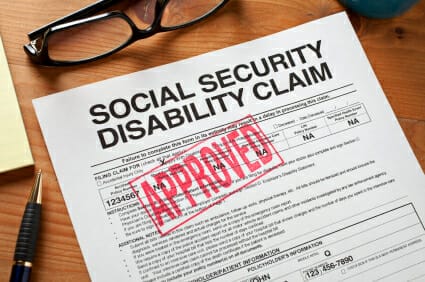Today’s post comes from guest author Roger Moore, from Rehm, Bennett & Moore.
What can I do if the Social Security Administration (SSA) says I have been overpaid disability benefits?
This is a very common problem, unfortunately. There are a number of factors that cause these issues to come up so frequently.
First, the rules about how much one can make differ, depending on what type of disability benefit is received. Social Security Disability Insurance (SSDI) recipients can earn over $1,000 per month without jeopardizing their monthly benefit. But almost every dollar earned by Supplemental Security Income (SSI) recipients can affect the amount of their monthly benefit, as this benefit is partially based upon a recipient’s financial situation. These amounts can change over time.
Second, there are many different rules about when you can earn money from working above what is called the substantial gainful employment level and not jeopardize your continued entitlement to disability benefit. It’s difficult to summarize all of the circumstances, yet alone know all of the rules, for a claimant. What’s more, simply providing the SSA your wages doesn’t absolve you from having to repay overpayments. The SSA doesn’t look at this information on a regular basis. Years later, you may get a “Dear John” letter advising you that you were overpaid thousands of dollars.
Finally, you may simply get wrong or bad information from someone when you meet with or speak with the SSA. It’s important to document when you spoke with the person and who that person was. If possible, get them to put their advice in writing.
When faced with an overpayment, there are two things you should always do. First, Continue reading Overpaid Disability Benefits by Social Security: Now What?











